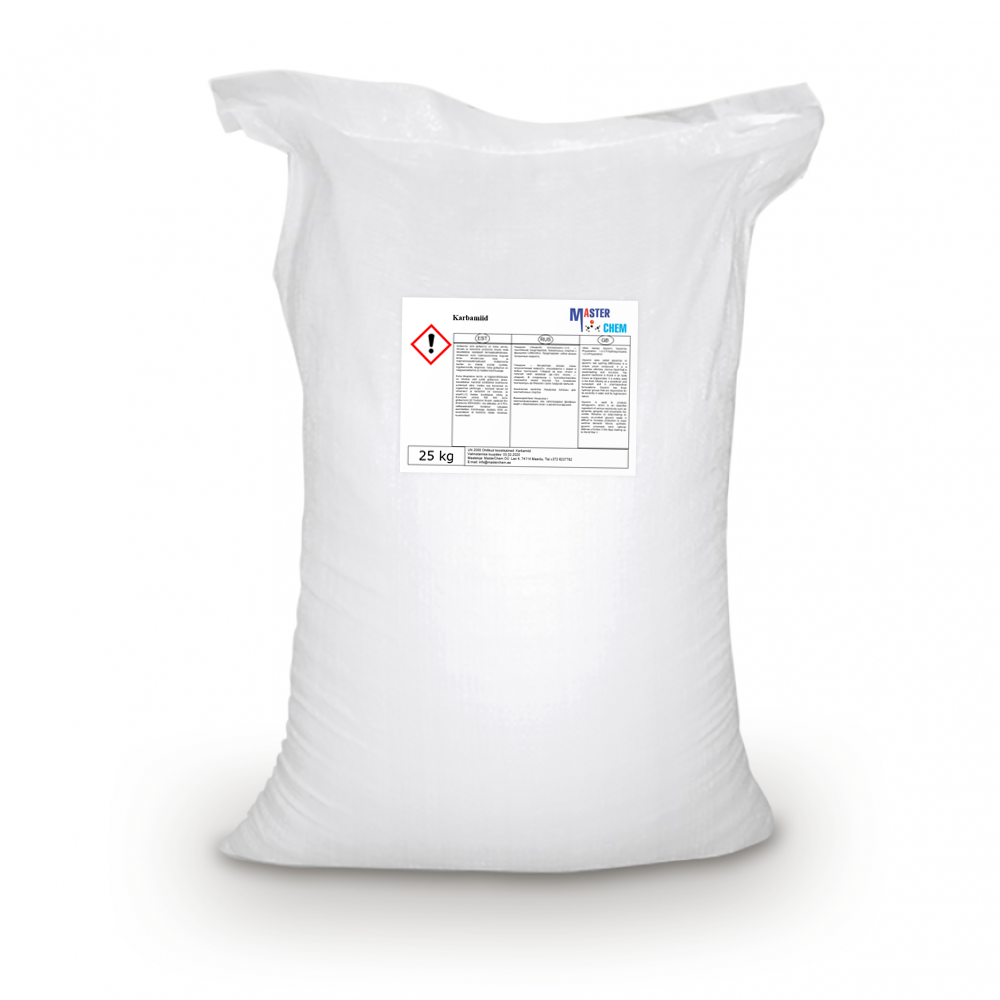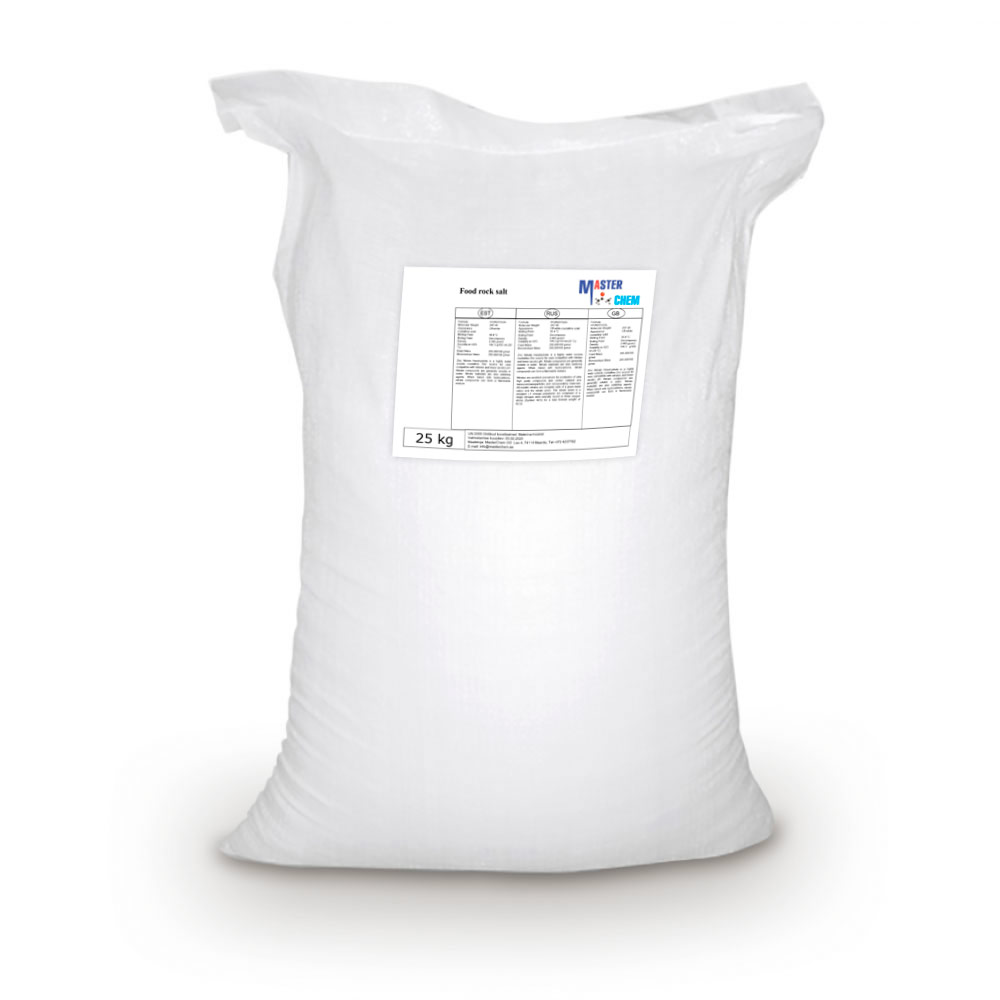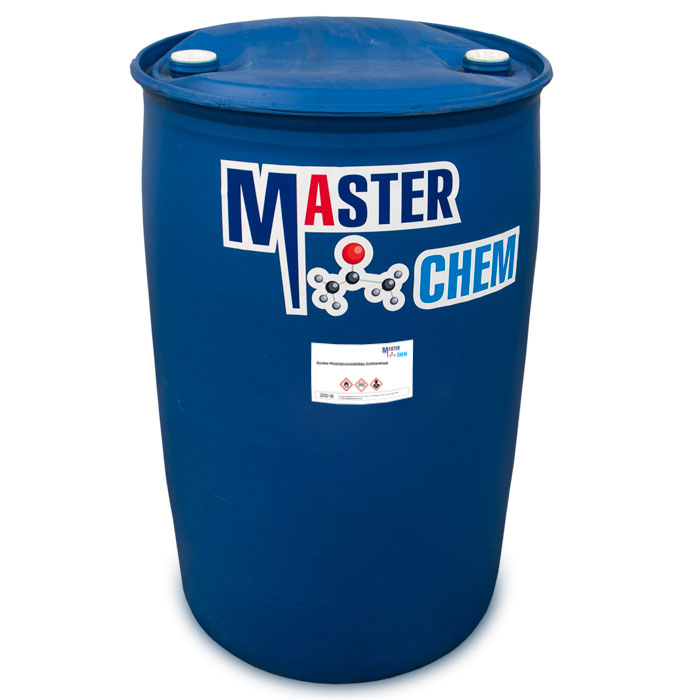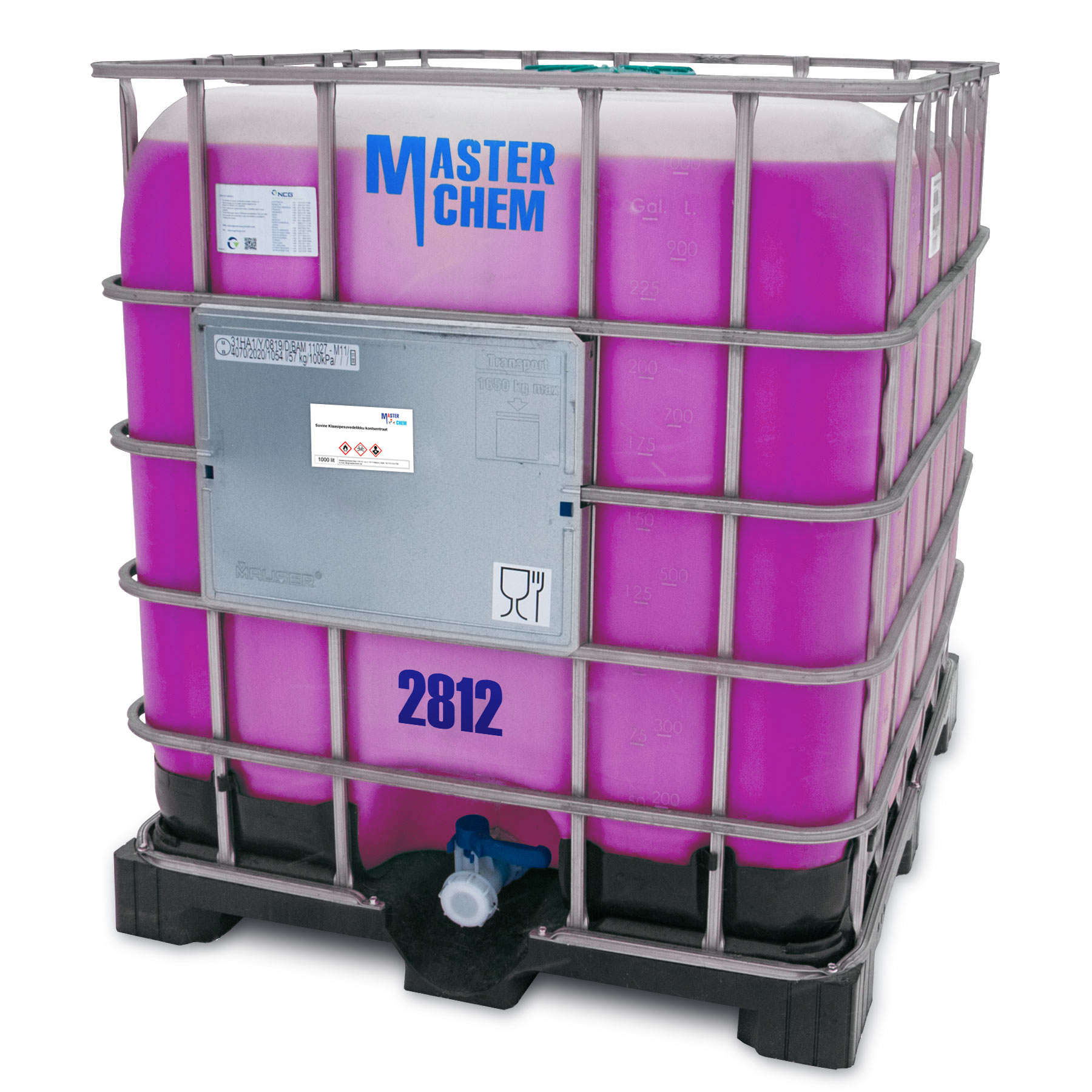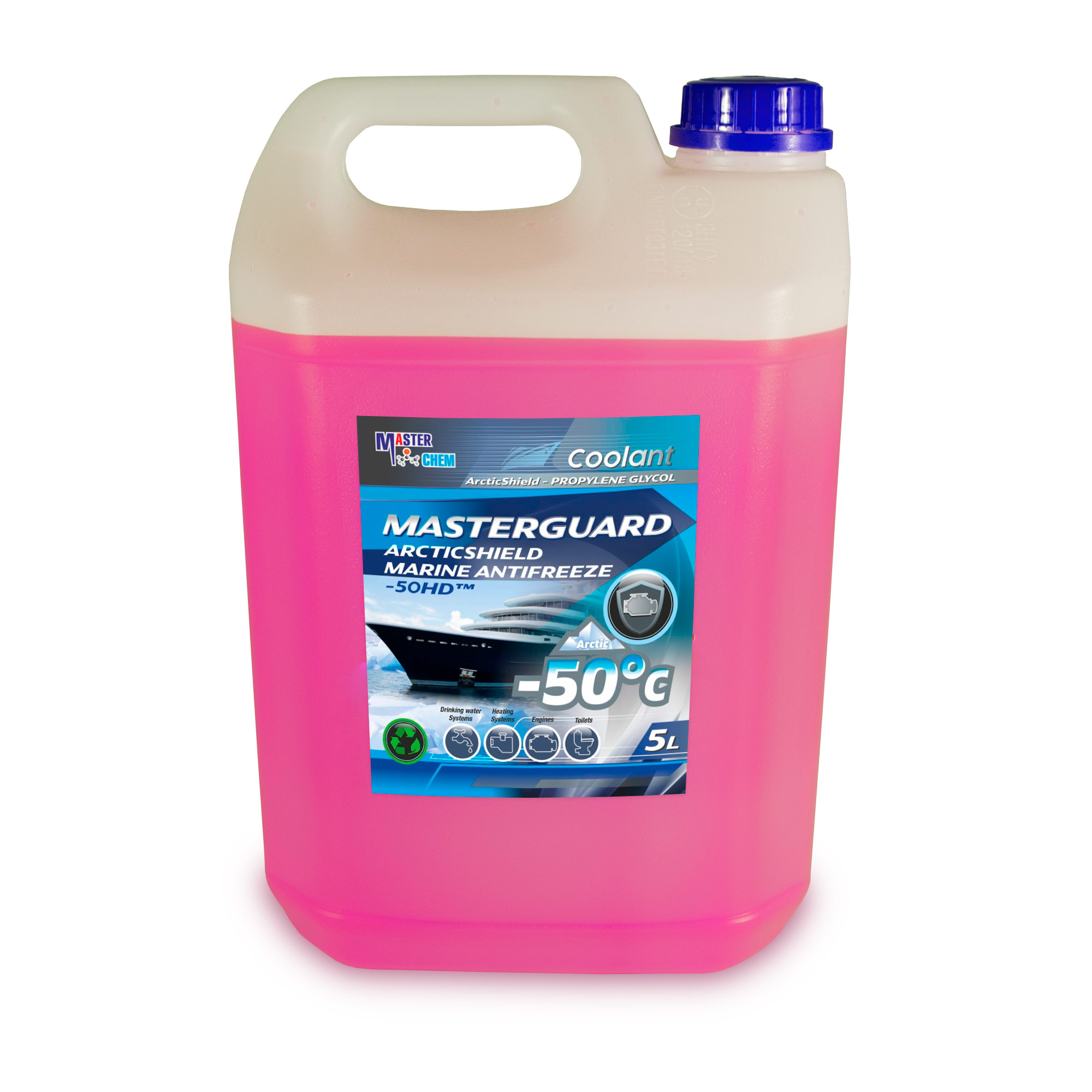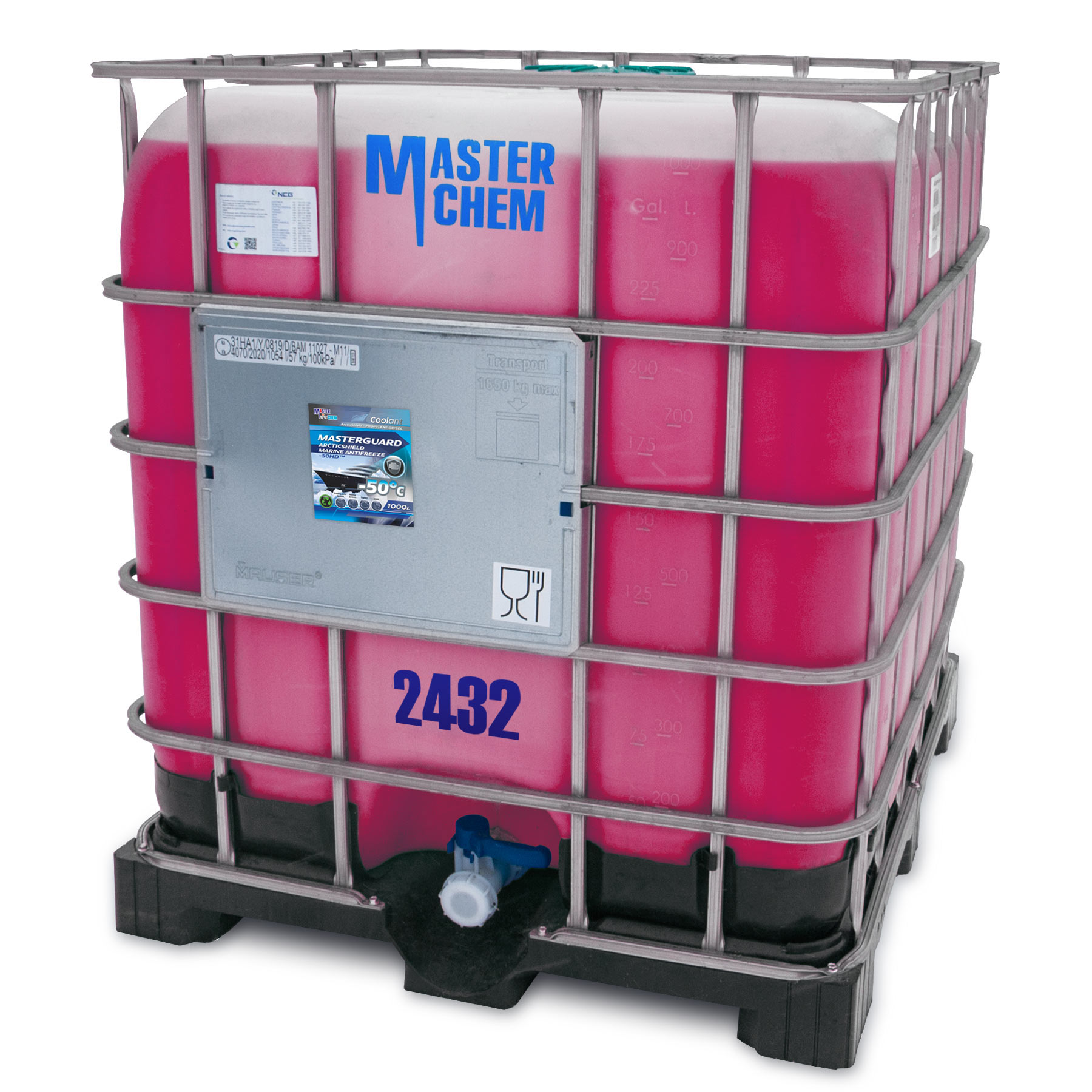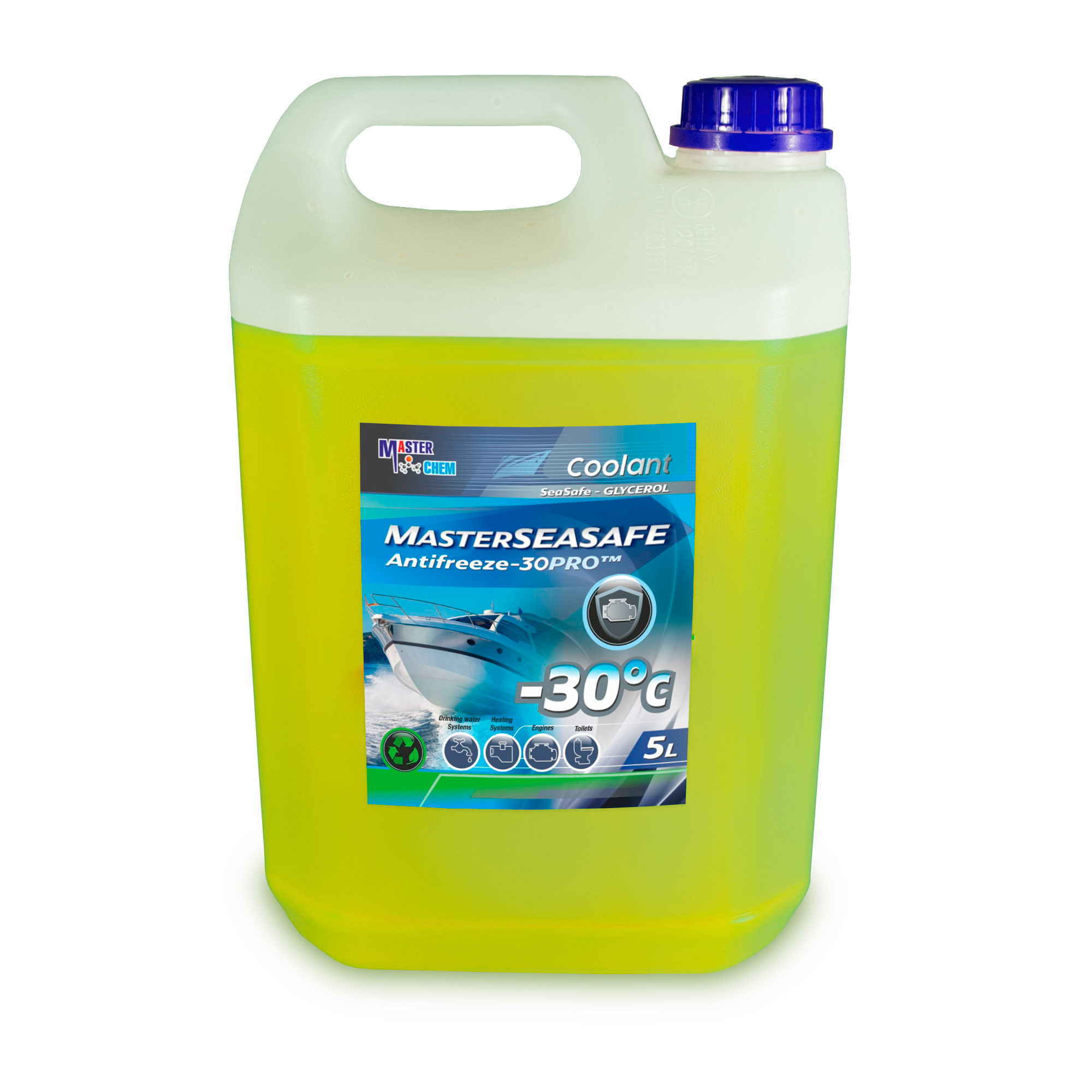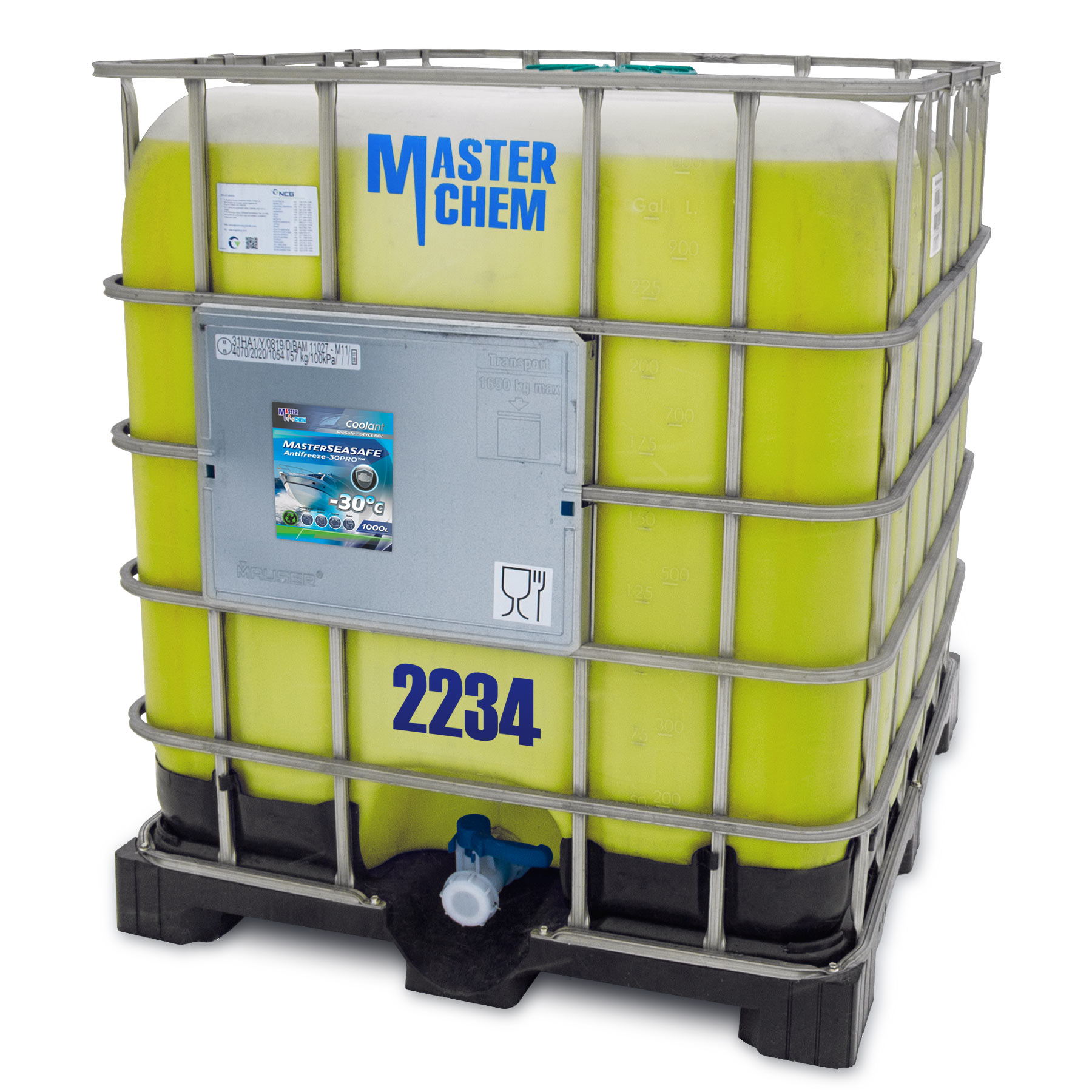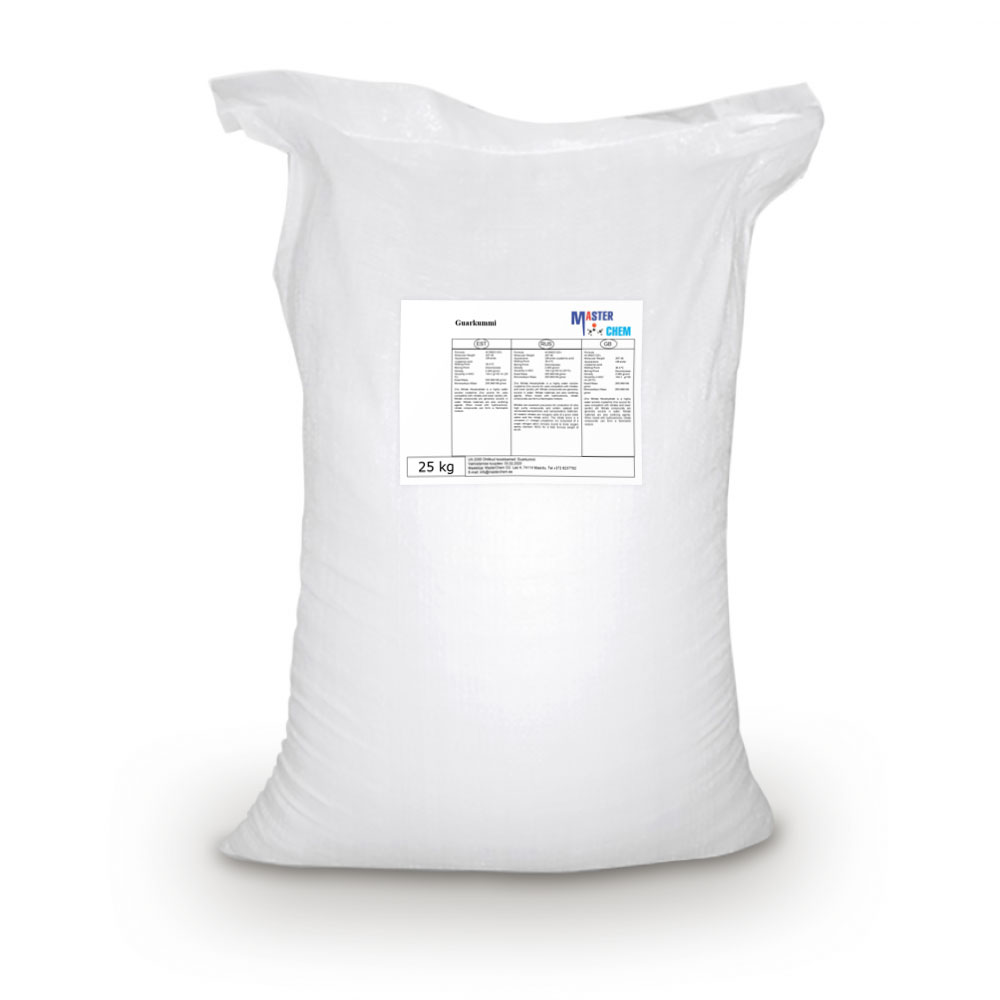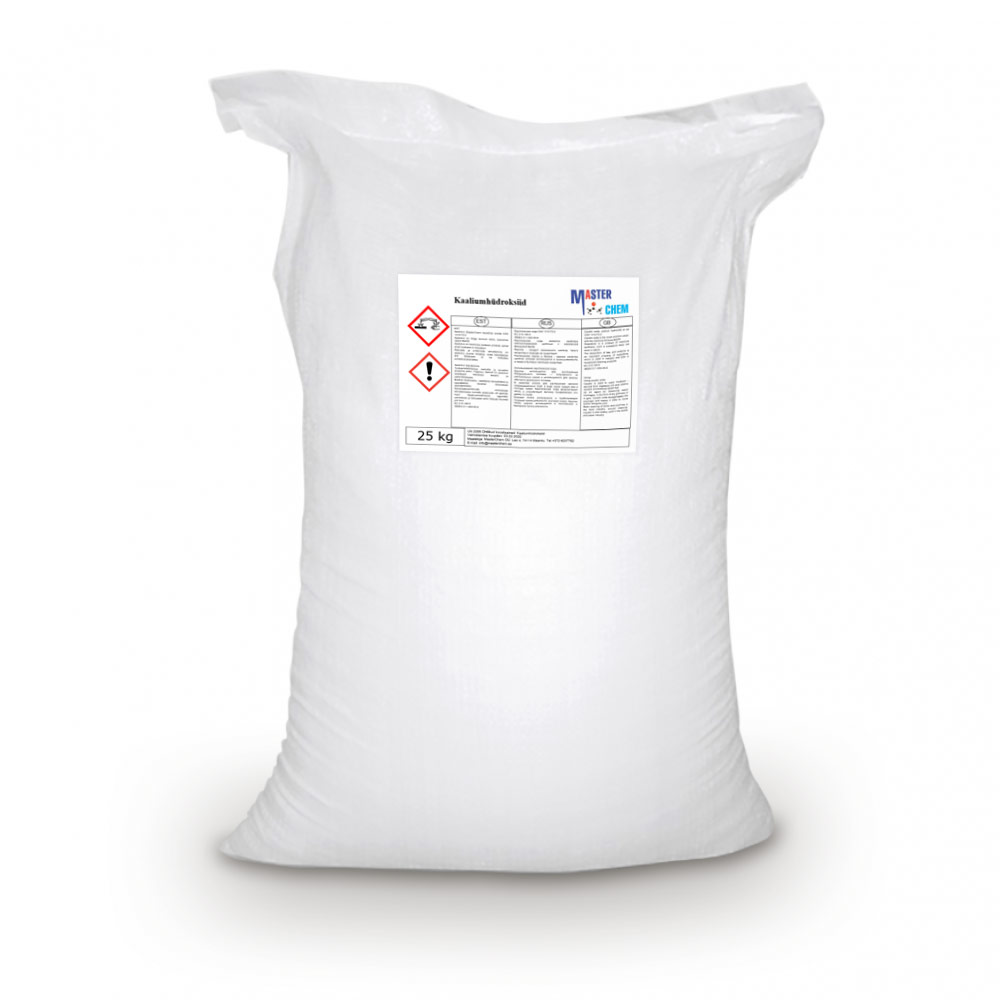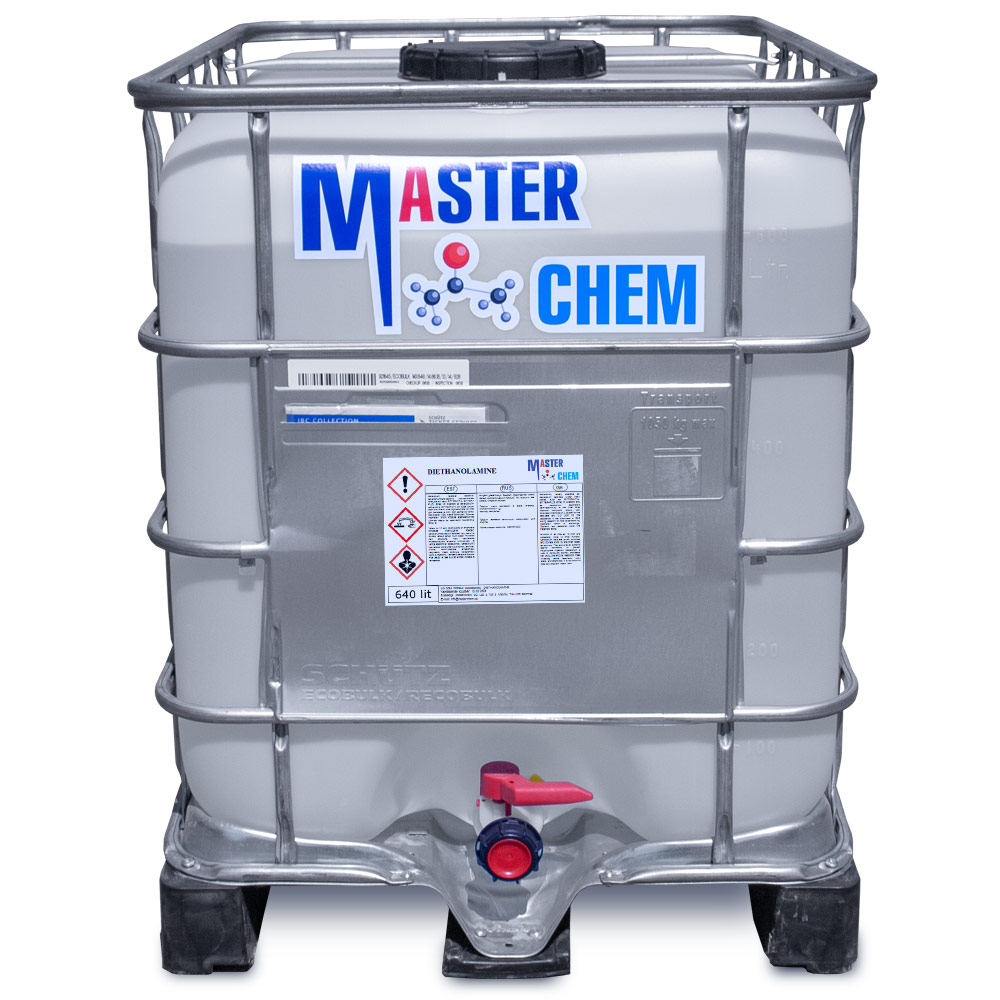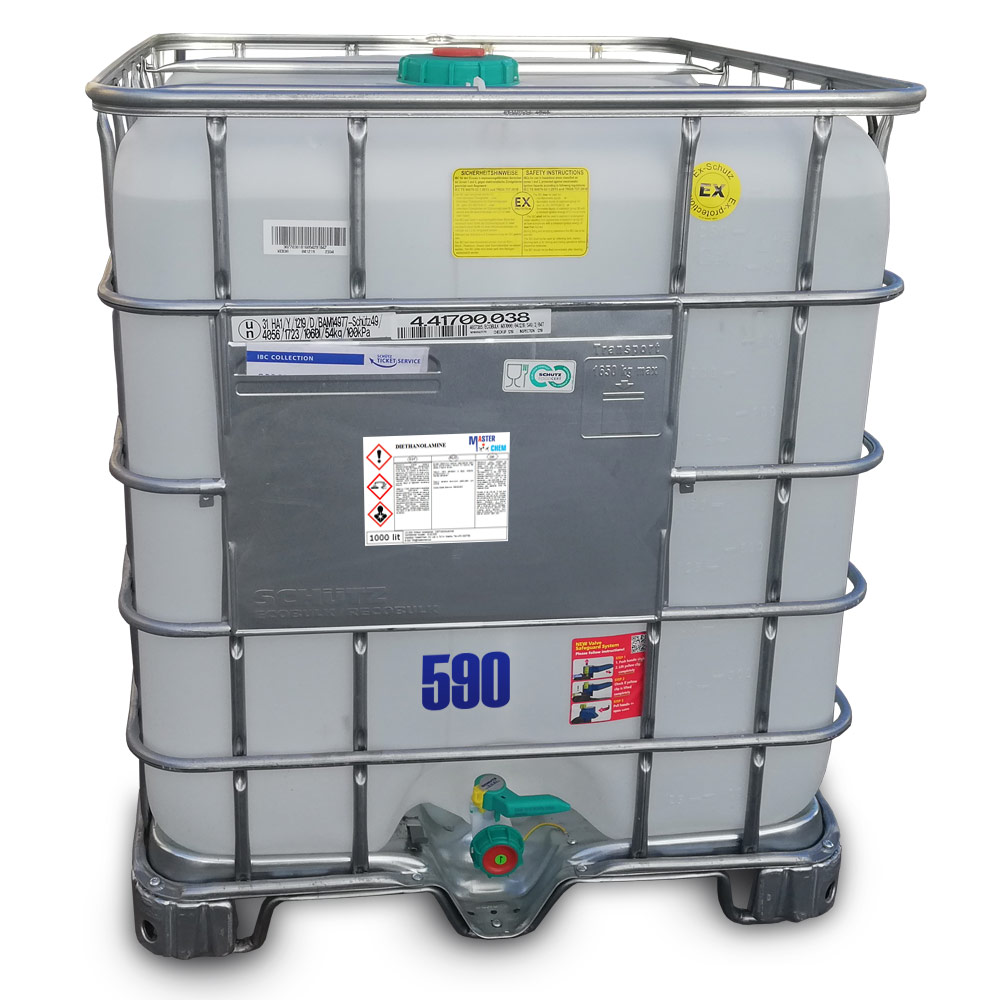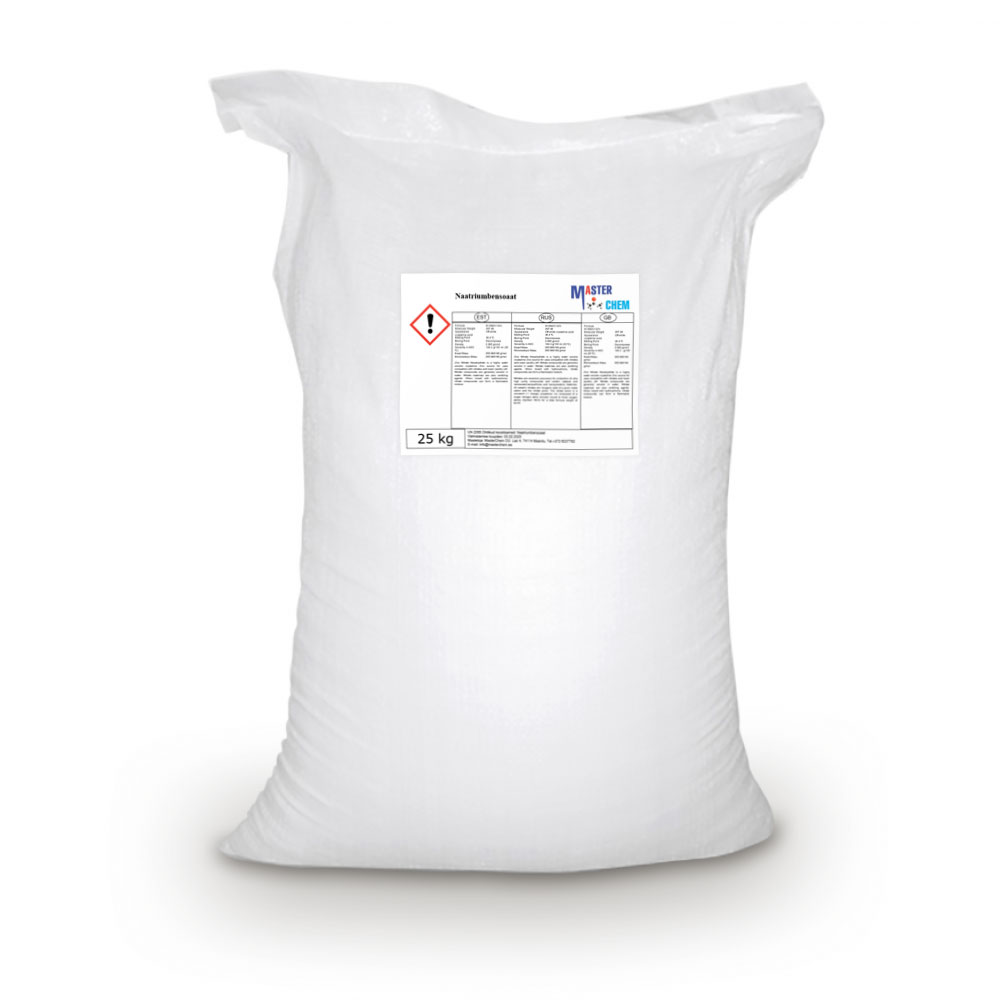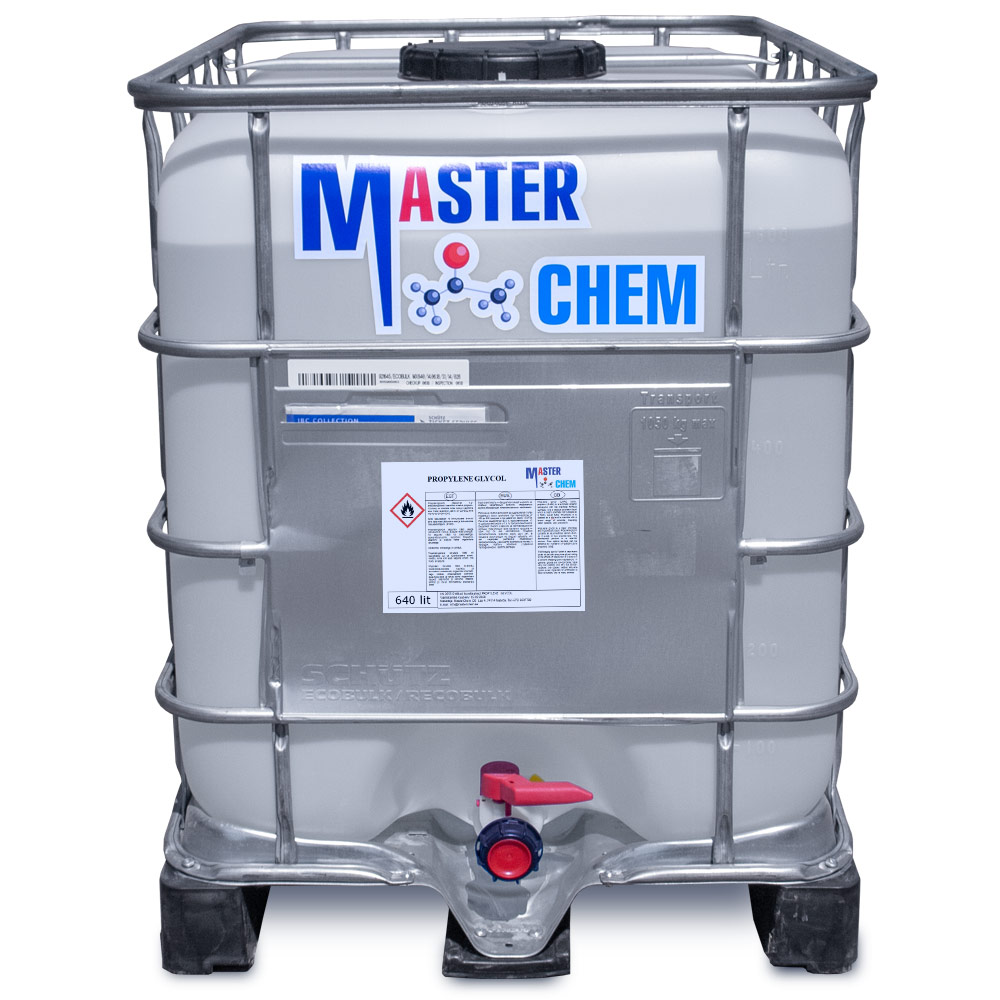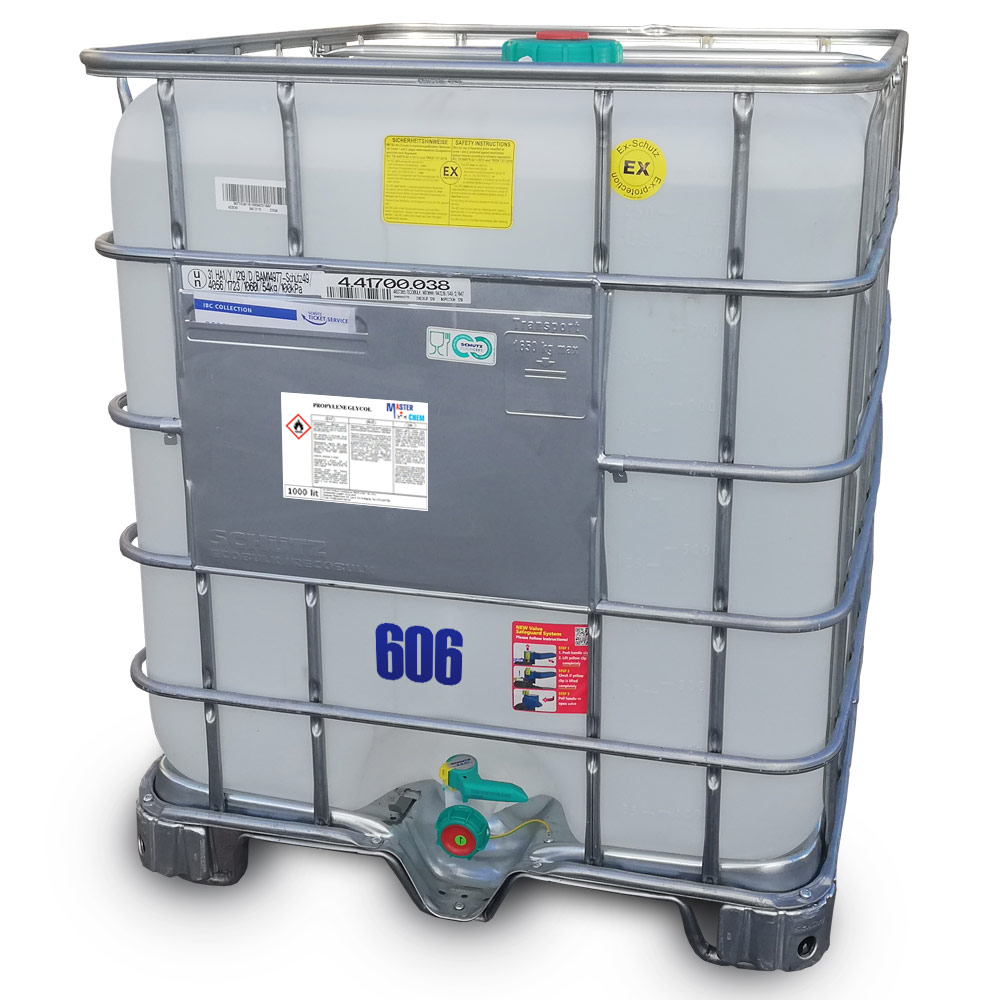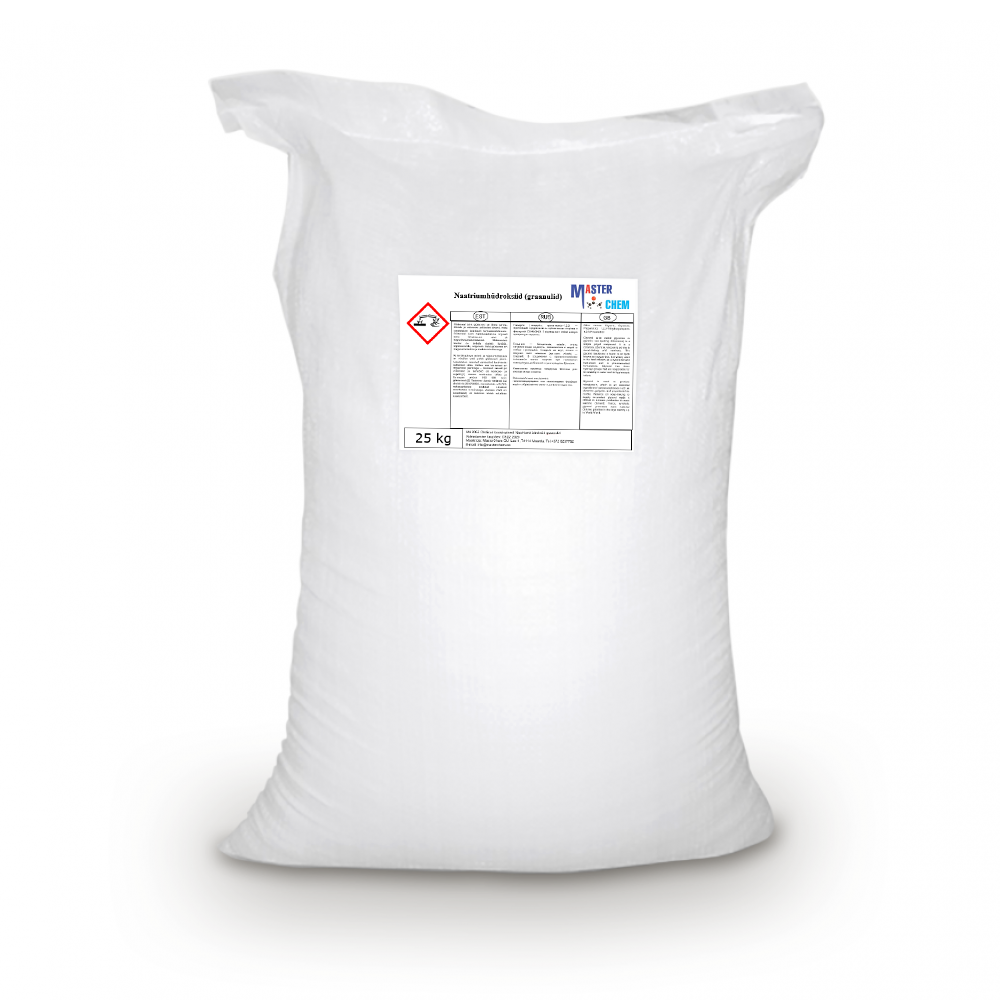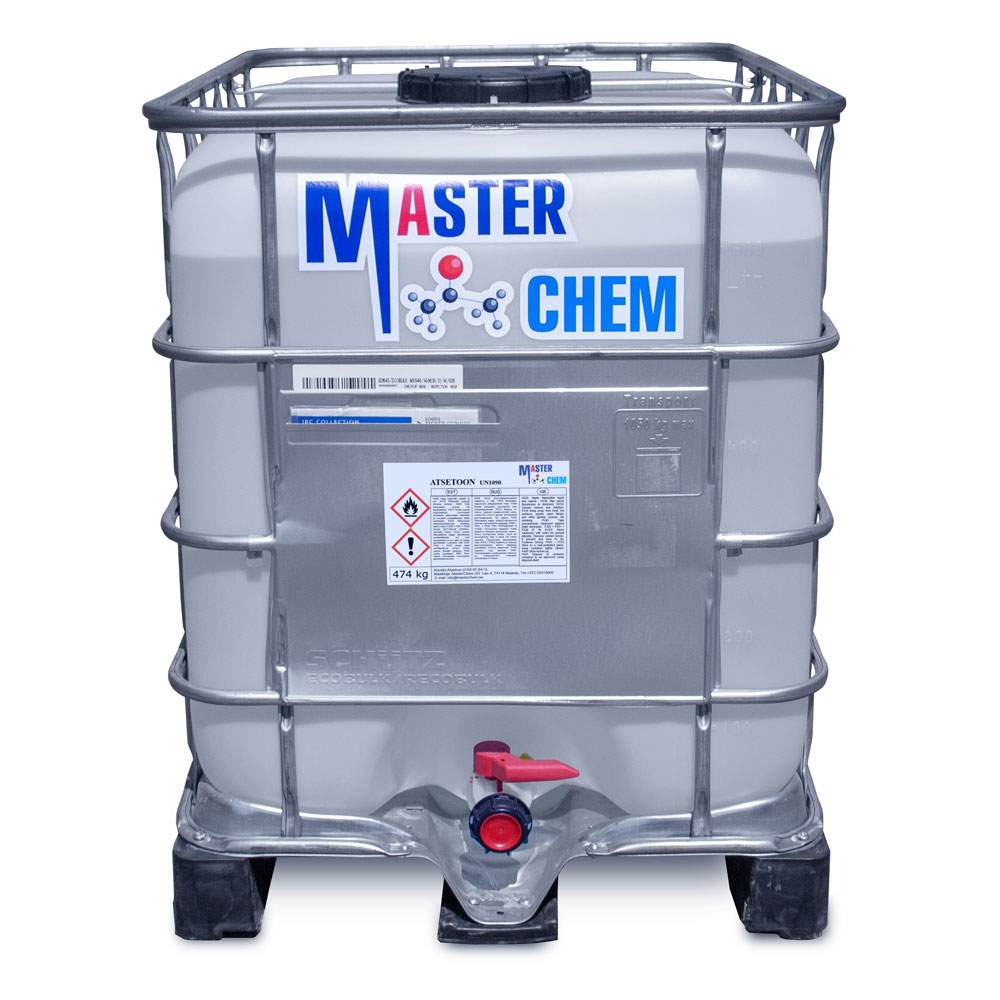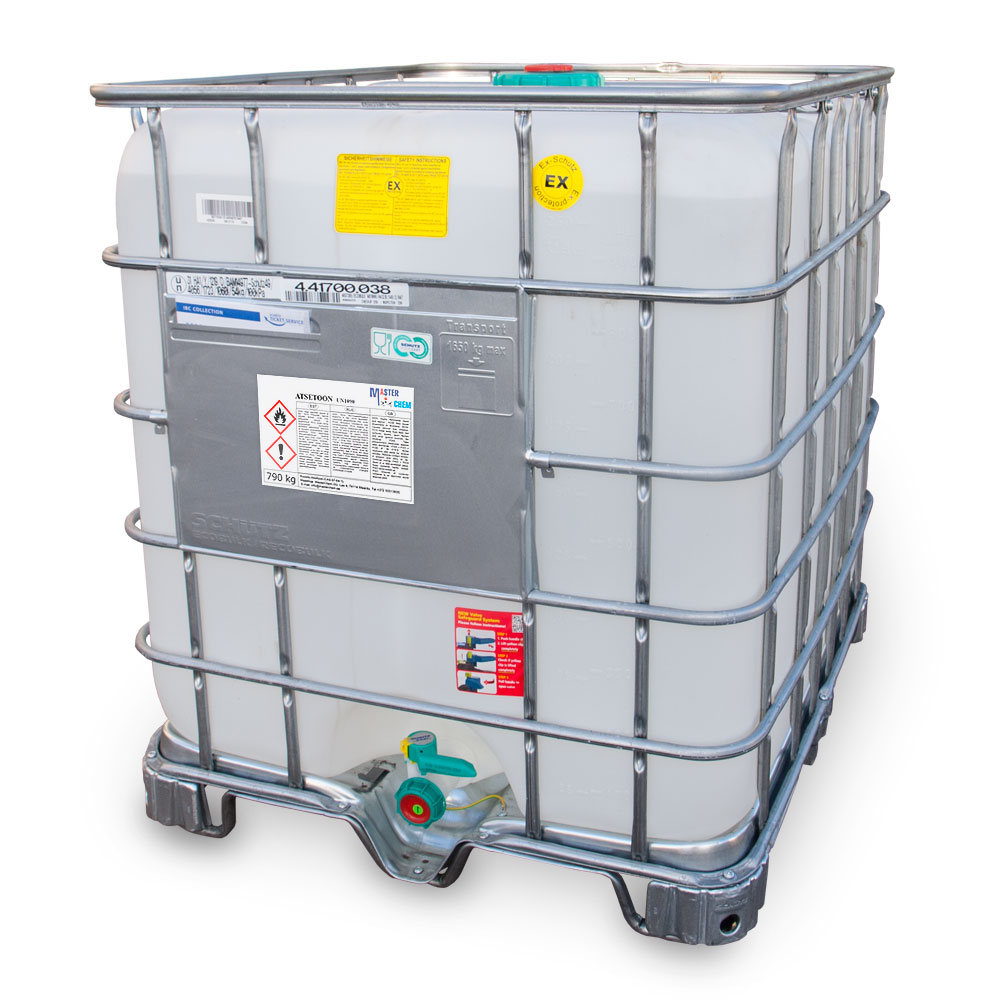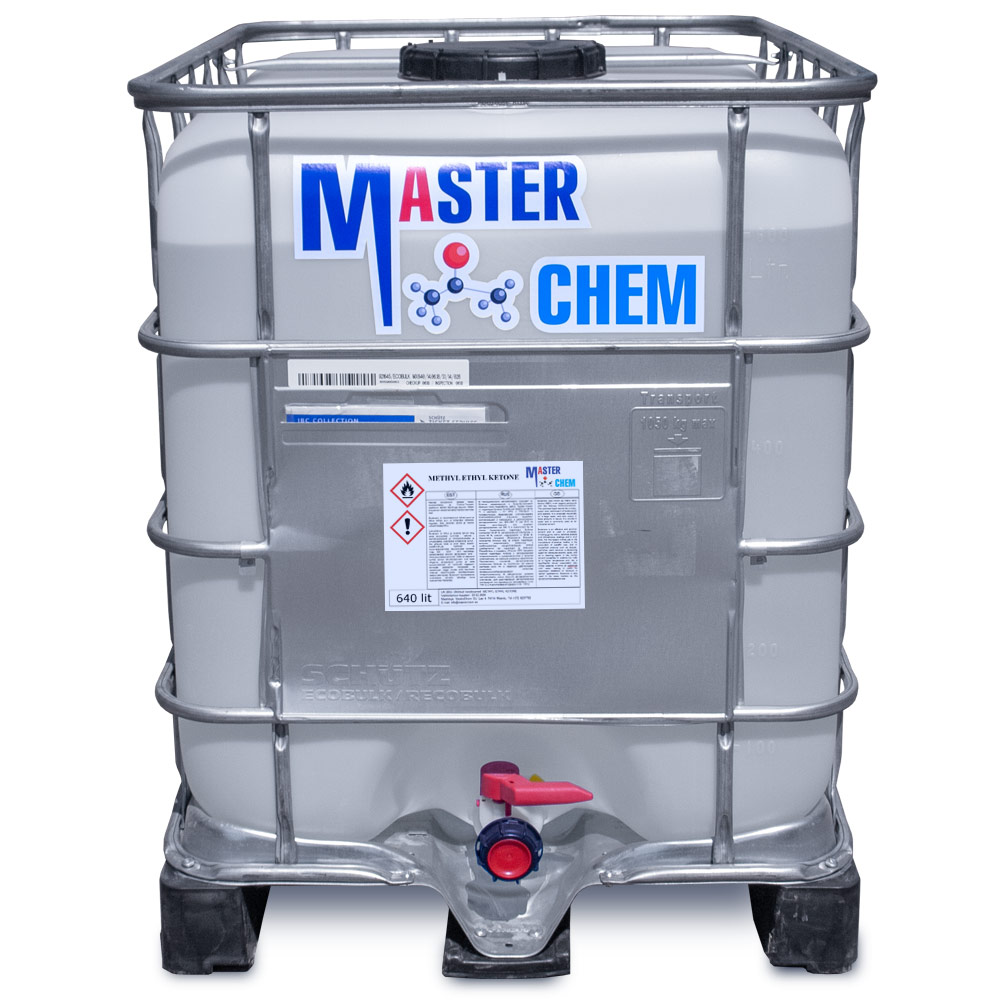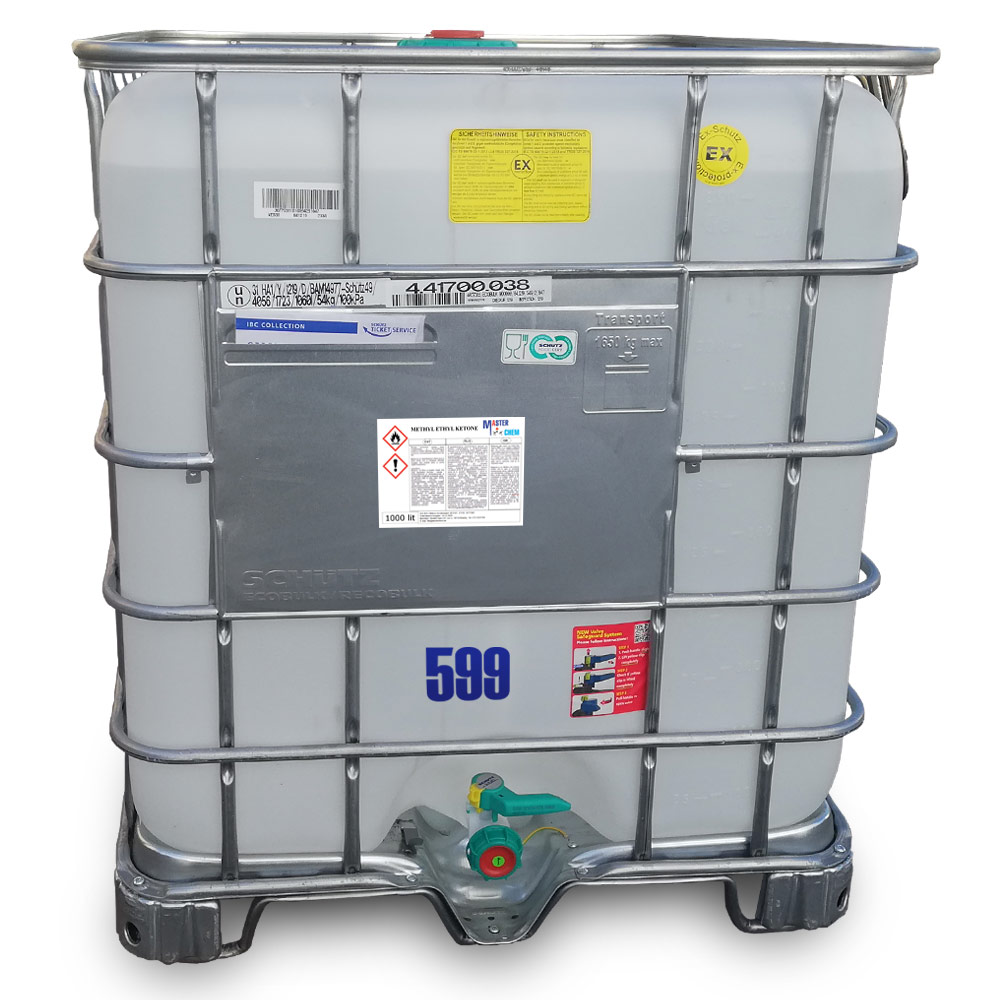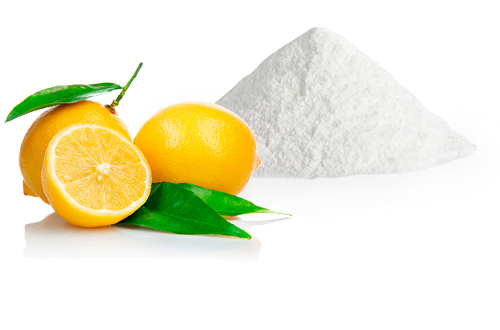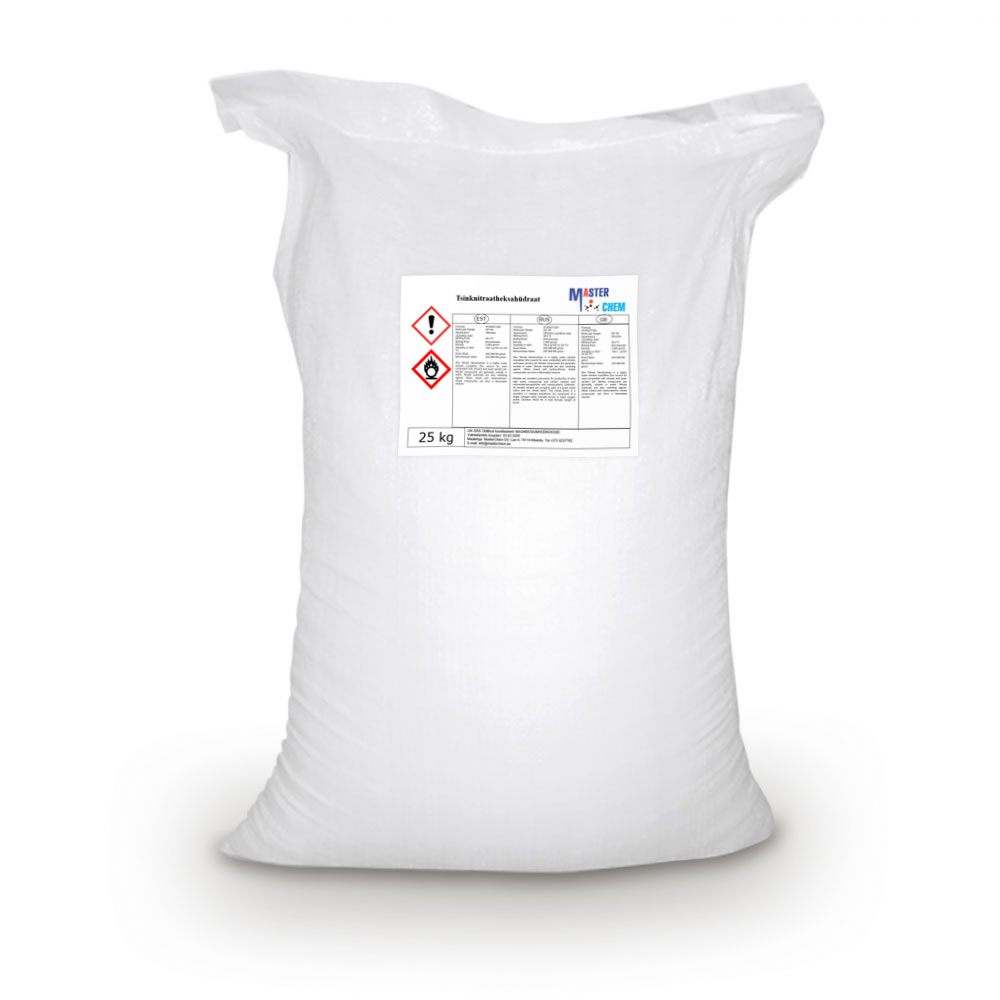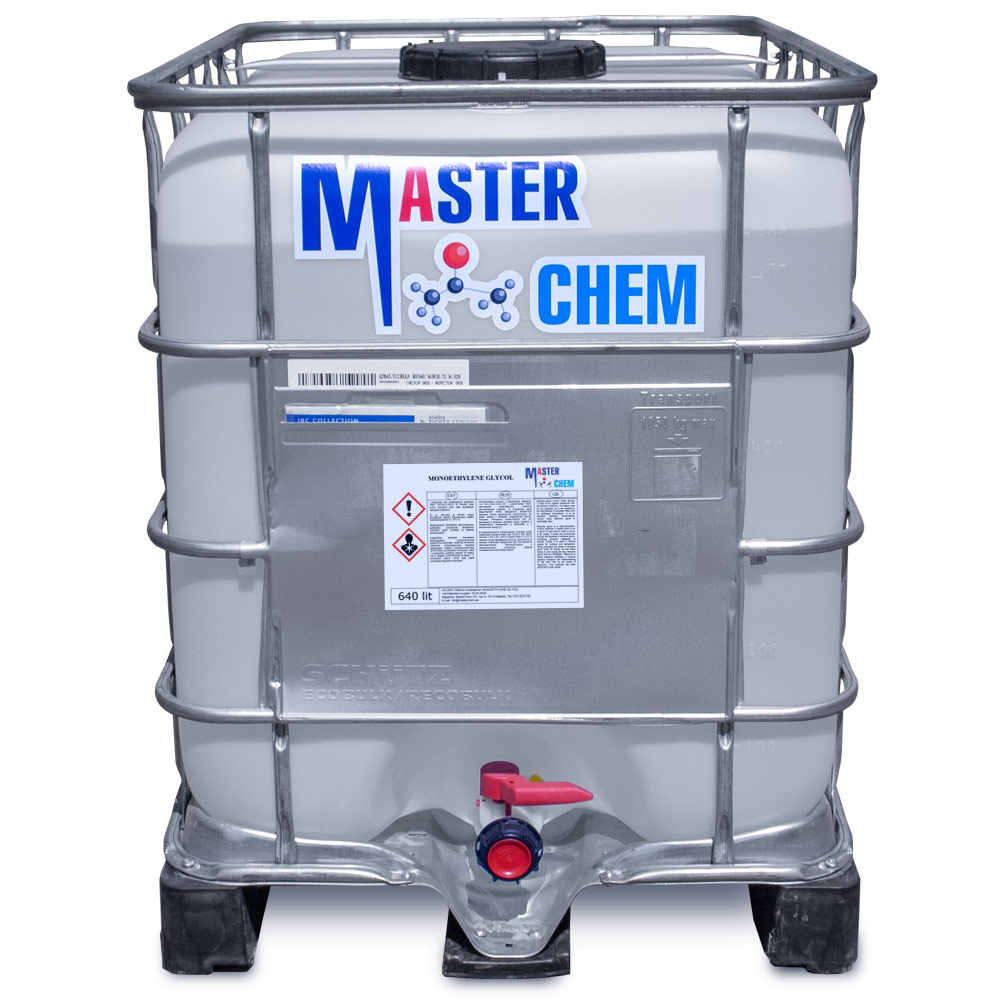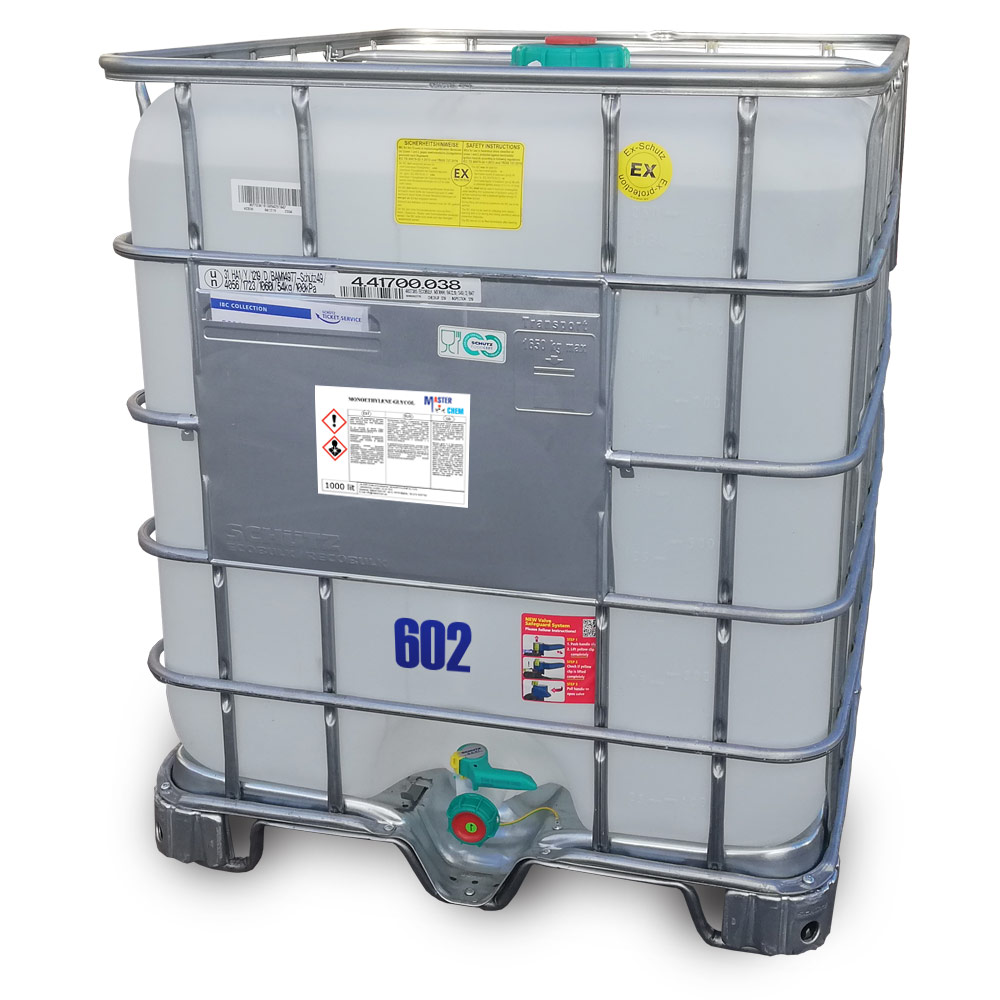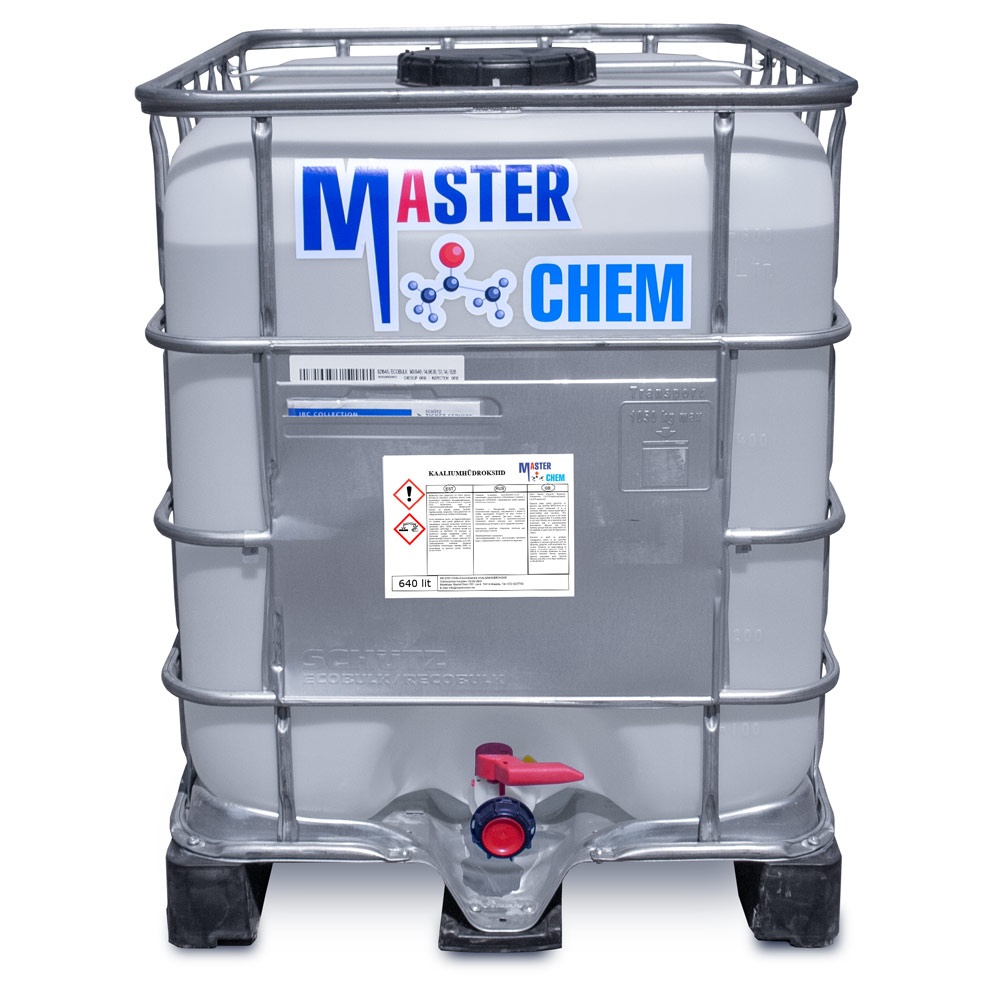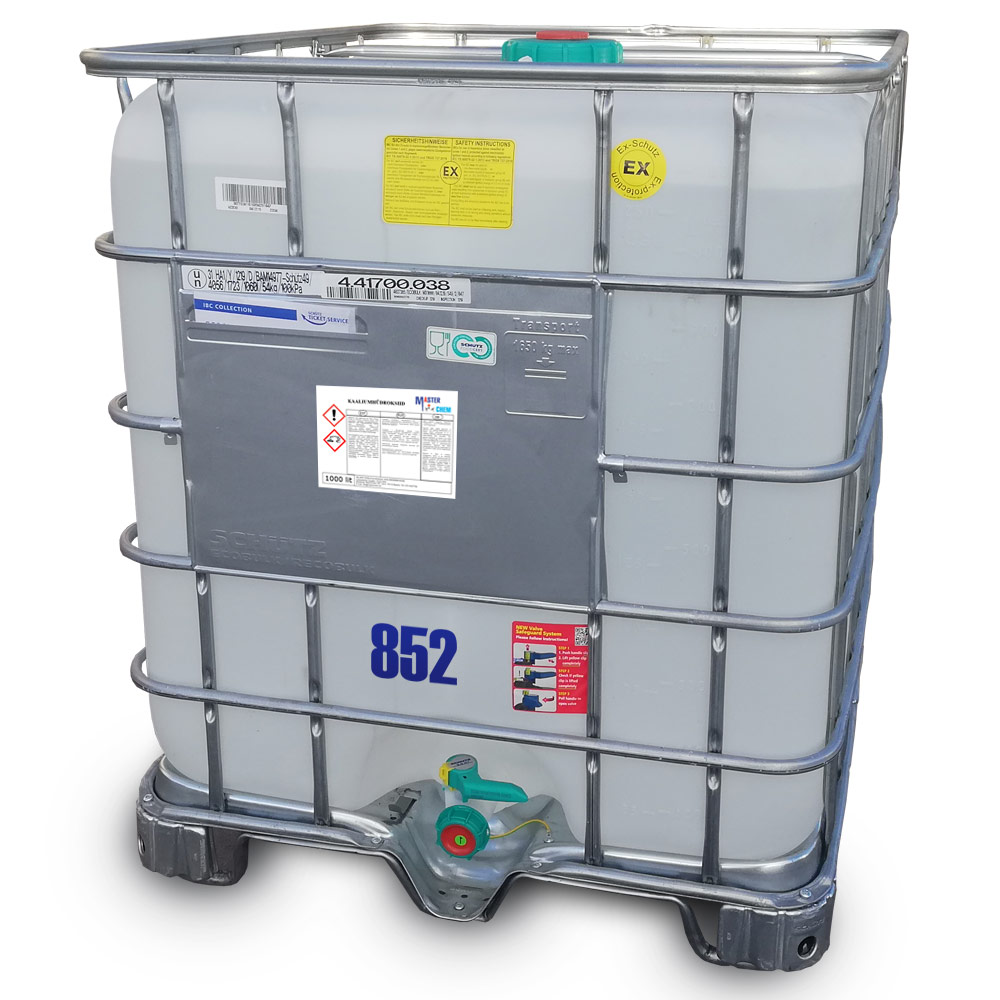Currently Empty: €0.00
Urea (CAS 57-13-6)
Urea (CAS 57-13-6)
Urea, also known as carbamide, is an organic compound with chemical formula CO(NH2)2. This amide has two –NH2 groups joined by a carbonyl (C=O) functional group.
Urea serves an important role in the metabolism of nitrogen-containing compounds by animals and is the main nitrogen-containing substance in the urine of mammals. It is a colorless, odorless solid, highly soluble in water, and practically non-toxic (LD50 is 15 g/kg for rats).[6] Dissolved in water, it is neither acidic nor alkaline. The body uses it in many processes, most notably nitrogen excretion. The liver forms it by combining two ammonia molecules (NH3) with a carbon dioxide (CO2) molecule in the urea cycle. Urea is widely used in fertilizers as a source of nitrogen (N) and is an important raw material for the chemical industry.
Friedrich Wöhler discovered that urea can be produced from inorganic starting materials, which was an important conceptual milestone in chemistry in 1828. It showed for the first time that a substance previously known only as a byproduct of life could be synthesized in the laboratory without biological starting materials, thereby contradicting the widely held doctrine of vitalism, which stated that only living things could produce the chemicals of life.
€52.50 – €2000.00Price range: €52.50 through €2000.00
Product Description
Information
Industries: Household chemicals, Fertilizers, Cosmetic industry, Adhesives, oils, greases, Horticulture, Pharmaceutical industry, Feed industry, Resins, plastics, polyurethanes
CAS number: 57-13-6
WE number: 200-315-5
Chemical formula: (NH2)2CO
Molar mass: 60,05 g/mol
Customs tariff code: 310210
Other physical properties
pH: 7 – 9.5 (10 %)
Melting / freezing point: 133,3 (134)°C 1013hPa ( 0,1mPa), 150°C 300 mPa
Relative density: 1.33 g/cm3 w 20°C
| Dimensions | N/A |
|---|---|
| Pieejamais apjoms | 25 kg bag, 1000 kg |

